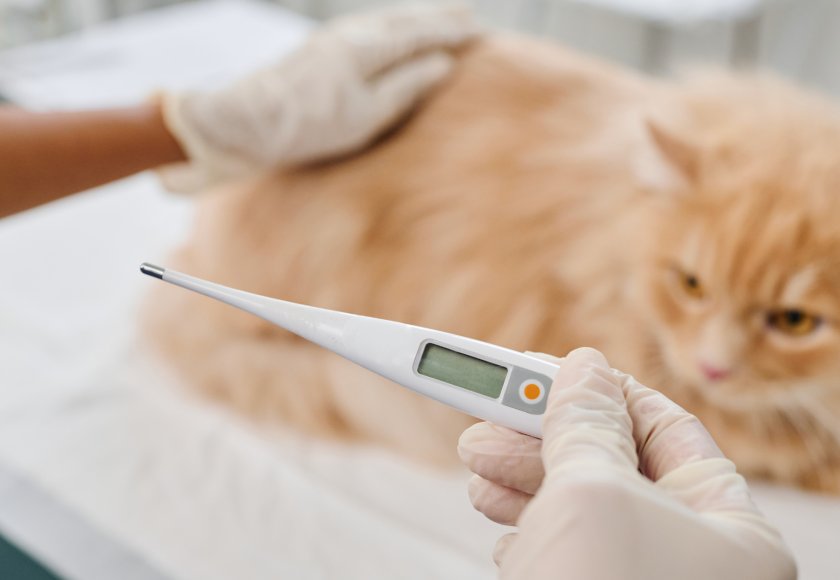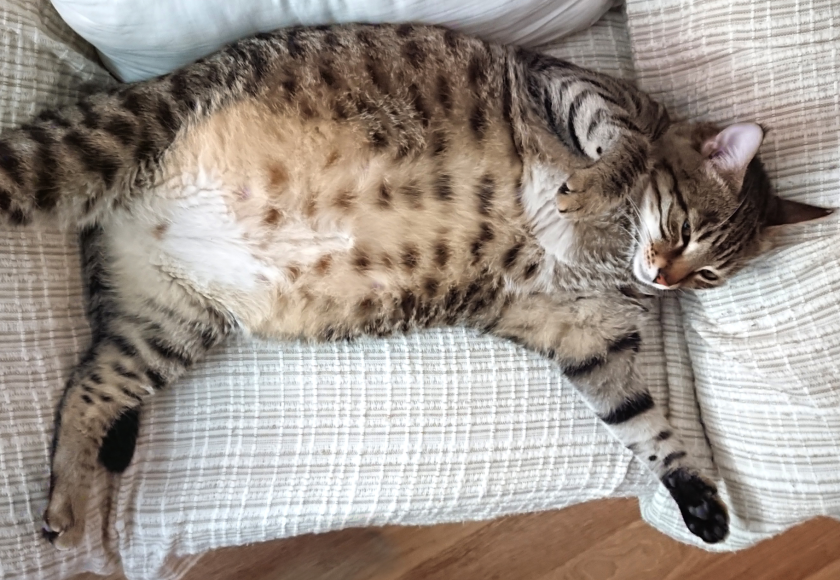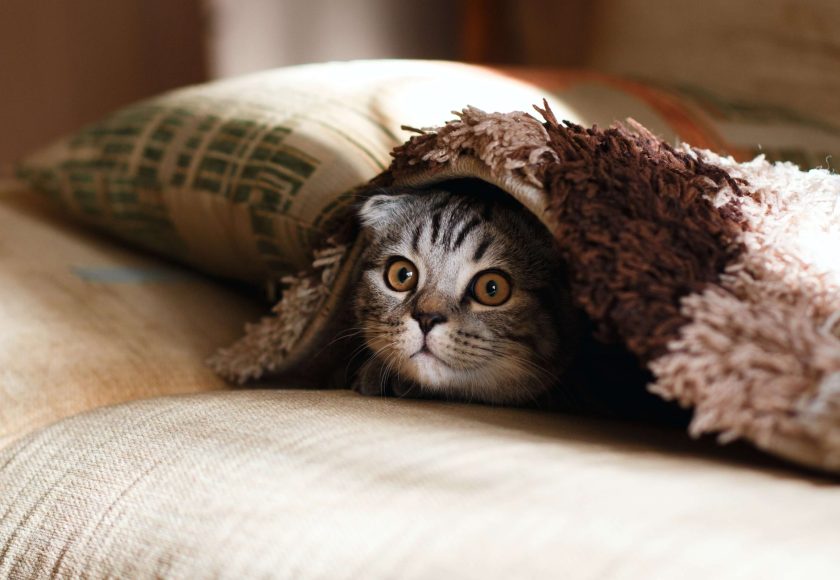Vomiting in cats is a very important symptom of diseases affecting the abdominal organs. Vomiting in cats can be classified as acute or chronic. Acute vomiting begins suddenly, with the cat vomiting frequently, retching, and salivating.
Acute vomiting in cats occurs due to poisoning by plants, spoiled food, and bacterial and viral diseases.
Chronic vomiting in cats often occurs in rare periods of vomiting, once or twice a day. Most often, chronic vomiting in cats occurs due to a foreign body in the stomach or intestines, worms, liver and kidney diseases.
During chronic vomiting, cats do not gain weight, are calmer, and feel feverish to the touch.
Cat owners often visit veterinarians because their cats are vomiting. There are many answers to the question “why is my cat vomiting?” Let’s discuss them all in this article and help your pet in need.
Table of contents
Why is my cat vomiting?
Here are some reasons why cats vomit:
- Inappropriate or spoiled food
- Cat coat tangles
- Poisoning with toxic substances or plants
- Foreign body in the digestive tract
- Bacterial or viral diseases. Viral diseases are dangerous for unvaccinated cats.
- Worms in the digestive tract
- Kidney, liver, and other internal diseases
- Inflammation of the pancreas – pancreatitis
- Stress
- “Motion sickness” during travel
Cats are naturally inclined to conceal their lives. This tendency to hide their lifestyle also extends to their health. Therefore, any ailment or unusual behavior should be considered a significant symptom.
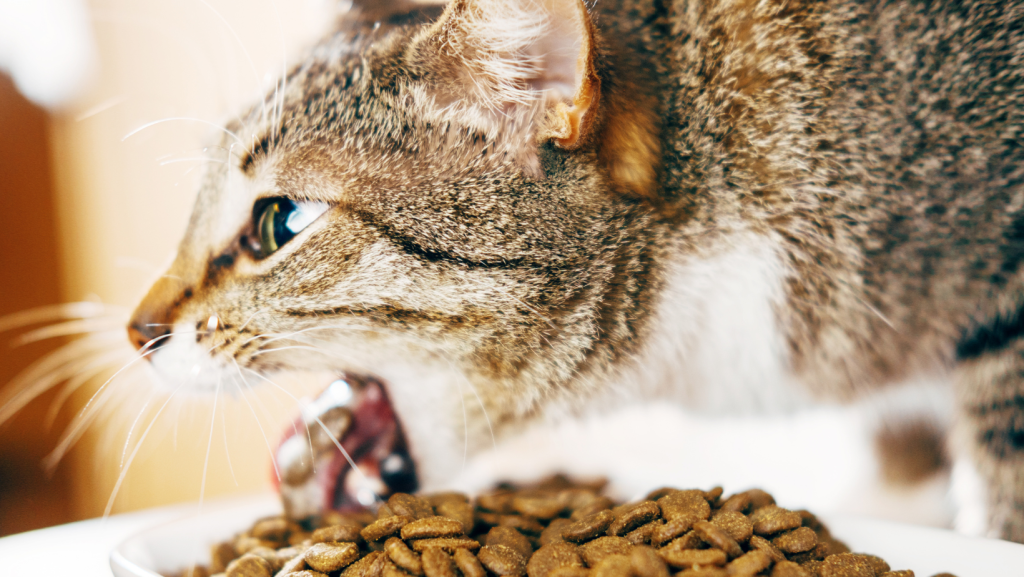
Cat vomiting due to hairballs
Domestic cats’ tongues are like small combs for their fur, so any fur that sticks to their tongues is licked off. In the stomach and intestines, the hair clumps together and forms hairballs. When the hairballs are quite large, cats may vomit them up.
This is especially common in long-haired cats. Veterinarians recommend using a paste every day to help prevent hairballs from forming into large lumps and to make them easier to pass through the intestines. Hairballs can irritate the stomach lining and cause chronic vomiting in cats.
Cat vomiting white foam
If a cat vomits white foam, it means that the cat’s stomach is empty and there is nothing left to vomit. If this happens once a month or once a season, there is no need to worry, but if it happens more often, you should take your vomiting cat to the vet. Cats vomit white foam when they have increased acidity, stomach inflammation, fur irritating the stomach wall, a foreign body in the stomach or intestines, diabetes, allergies, or improper food.
If your cat feels and behaves normally after vomiting white foam, eats food, and drinks water, you can remain calm. However, if your cat’s behavior changes, you should take your pet to a veterinarian-gastroenterologist.
If your pet’s vomiting is accompanied by other additional symptoms such as lethargy, cat diarrhea, refusal to eat or drink, contact your veterinarian as soon as possible.
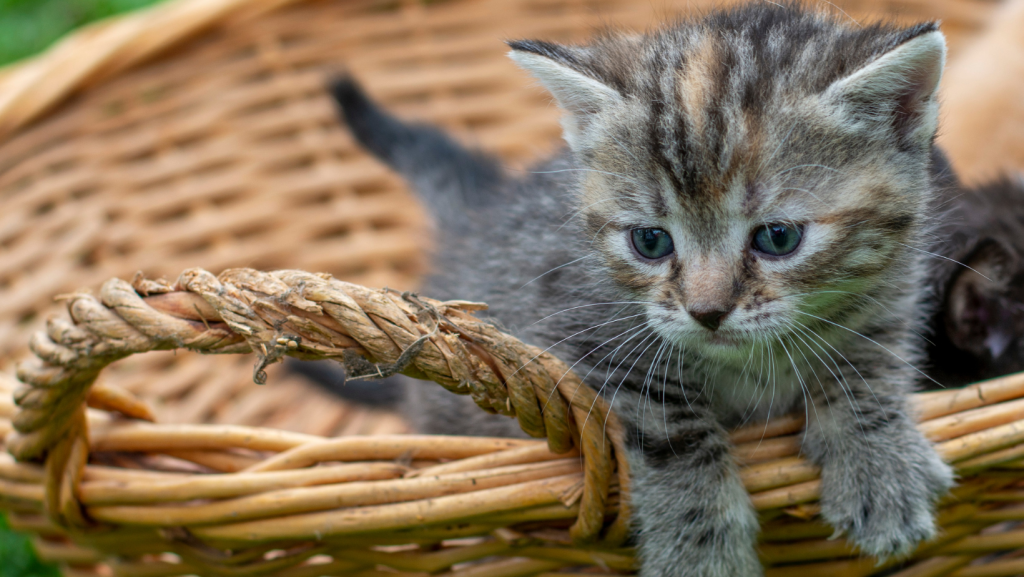
Cat vomiting yellow or yellowish fluid
Yellow fluid is a mixture of stomach and bile acids that helps digest food in the stomach. In many cases, cats vomit yellow fluid due to liver disease, gastritis, poor digestion, or constipation.
Since vomiting bile in cats signals more serious diseases, it is necessary to monitor the cat’s lifestyle and behavior more closely.
If you notice even the slightest change in your cat’s behavior, you should consult a veterinarian so that the cause can be determined as soon as possible and appropriate treatment prescribed if the cat’s yellow vomiting is caused by internal organ disease.
Cat vomiting water
Cats vomit water because they drink too much of it. This can happen if they go without water for a long time, eat something salty (from the table), or have diabetes or kidney disease. If excessive drinking and vomiting of water is repeated, you should see a veterinarian to rule out any possible chronic or acute diseases.
Cat vomiting blood
If your cat is vomiting blood, it is a sign that your cat is very ill. Cats vomit blood due to acute poisoning or diseases of the stomach, intestines, liver, or kidneys.
If your cat is vomiting bright red blood, it is likely that it has an injury or disease in its mouth or esophagus. If the blood is clotted and clumped together, this indicates stomach problems, which may be a secondary symptom of other internal diseases. Take your cat to the vet immediately.
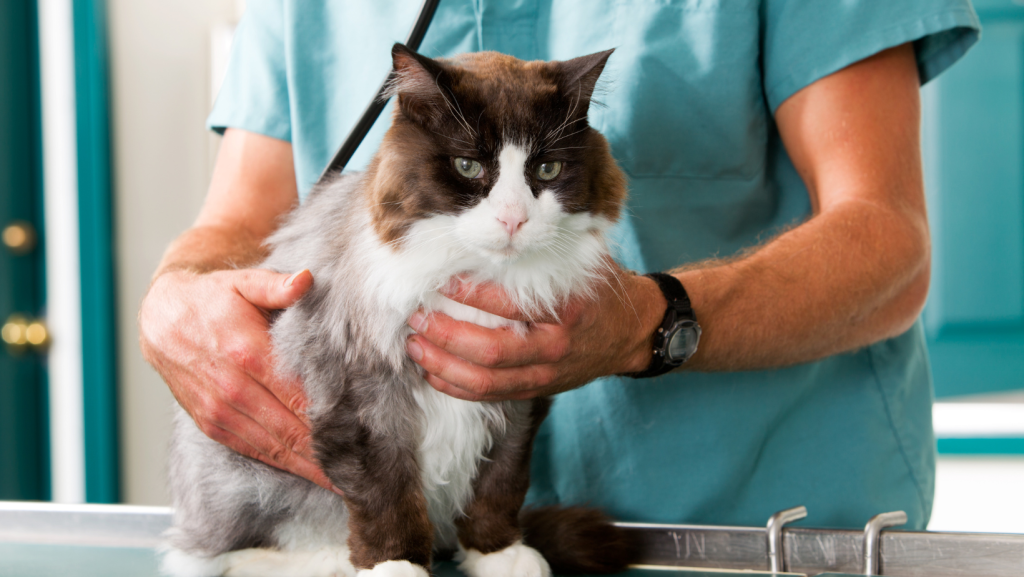
Cat vomits undigested food
If your cat is vomiting undigested food, this indicates that the food was never digested in the stomach and is not passing into the intestines. Vomiting food may be a symptom of a foreign body in the intestines, allergies, or food intolerance. If your pet has not eaten for more than 24 hours but continues to vomit undigested food, you should see a veterinarian for further examination and treatment.
Cat vomiting worms
When was the last time you gave your cat or kitten worm medicine? Antiparasitic preparations for cats and kittens that go outside should be given once a season, and those that do not go outside should be given once every 6 months.
Worms in cats suppress the immune system, interfere with the absorption of nutrients, and can cause poisoning. If your cat is already vomiting worms, we recommend having it dewormed at a veterinary clinic to ensure the most accurate dosage and administration.
If your cat is vomiting worms, you need to understand that the worm infestation in your cat’s body is severe and that administering worm medication may cause additional symptoms that require veterinary supervision.
How to help a vomiting cat?
Veterinarians do not recommend experimenting with medicines intended for humans. If your cat is vomiting but feels fine, we suggest that you simply do not feed it for the first 12 hours, then offer food in small amounts and more frequently, do not allow it to overeat, and moisten dry food with water.
The most important thing is to give your vomiting cat as much clean water as possible. If your cat has difficulty drinking and drinks infrequently, you can feed it with a spoon or a syringe without a needle every 20-30 minutes.
If your cat has been vomiting for more than a few hours, has become lethargic, and refuses food and water, go to the veterinary clinic immediately. Every moment counts. Begemotas veterinarians are always ready to respond quickly to sick cats, perform all necessary tests, and prescribe the most appropriate treatment.
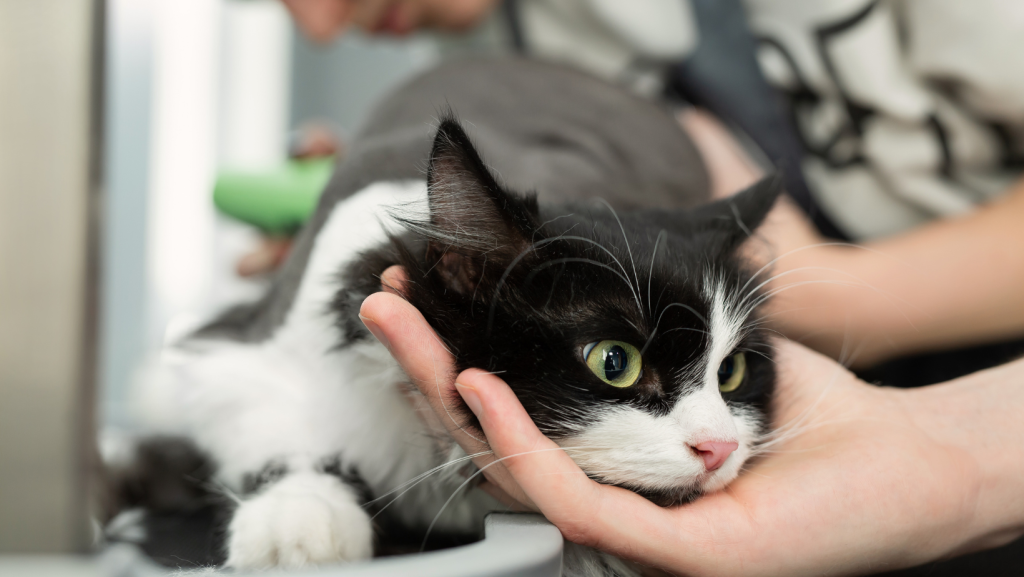
How to prevent your cat from vomiting?
Begemotas veterinarians recommend that cat owners have their cats dewormed at least once every six months, vaccinate them against viral diseases every year, use supplements against fleas, and feed them high-quality food.
A professional and annual check-up of your pet by a veterinarian will ensure a long and healthy life for your cat.



